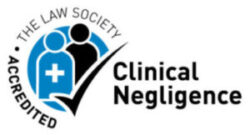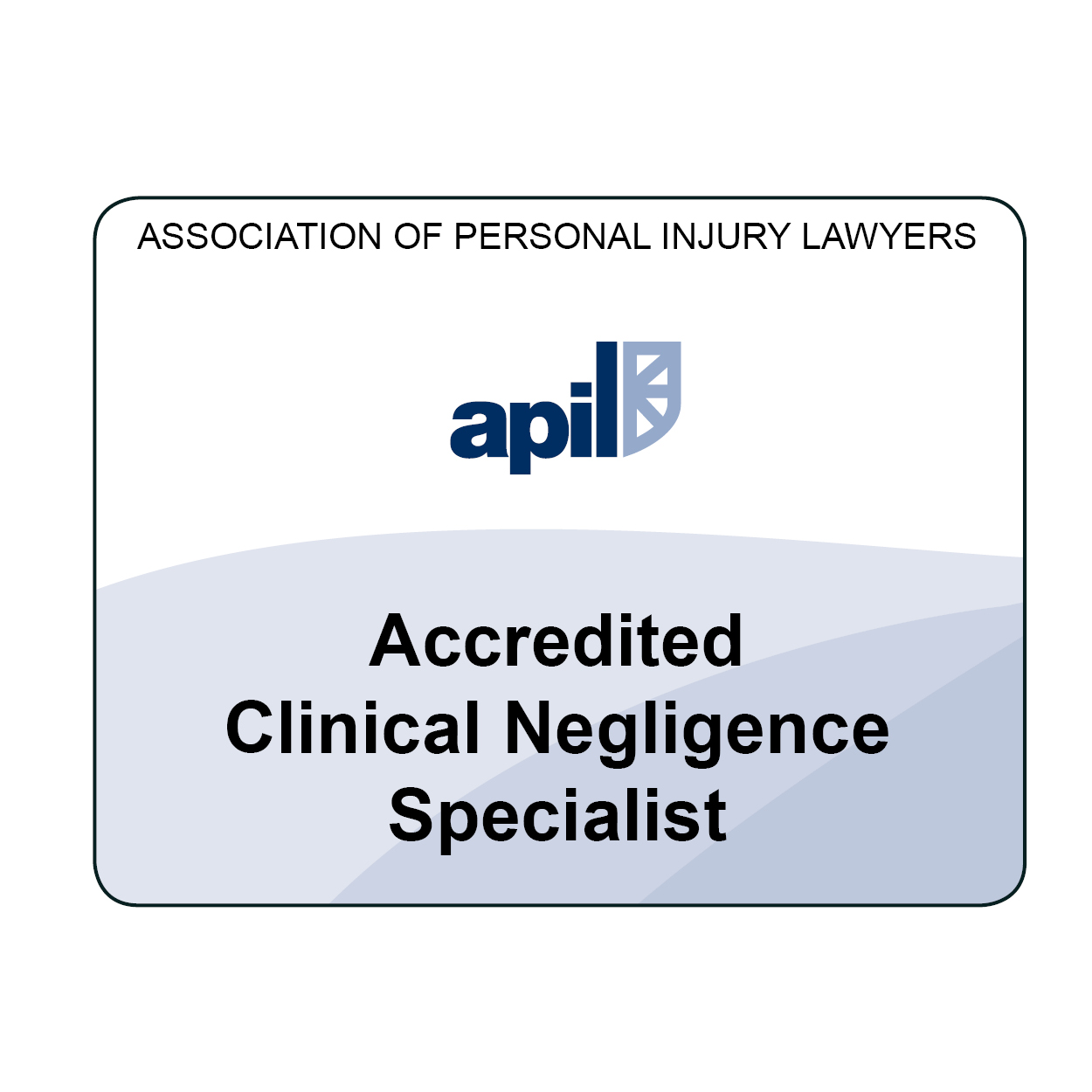Blackwater Law medical negligence solicitors acted for Mr L in a medical negligence claim in the High Court after he was misdiagnosed. The misdiagnosis meant he went on to suffer a serious stroke-causing life-limiting disability.

The CQC has received tens of thousands of whistleblowing contacts recorded by the CQC from health workers in England in the last 5 years.
The regulator has received consistently high numbers of whistleblowing contacts from healthcare staff, with 75,687 ‘qualified’ whistleblowing contacts since April 2019. These figures peaked in 2021/22 with 17,930 in that financial year.
The term ‘whistle-blower’ is used by the CQC to describe a worker at an organisation overseen by the CQC who makes a ‘qualifying disclosure’ about a concern at work. A ‘qualifying disclosure’ is described as when a worker reasonably believes that the information disclosed is in the public interest and shows one or more of the following characteristics: is a criminal offence, a breach of legal obligation, a miscarriage of justice, danger to the health and safety of an individual, damage to the environment or deliberately covering up an act of any of the above.
The figures obtained by Blackwater Law also revealed thousands of whistleblowing incidents from outside primary NHS care. There were 44,461 total qualifying disclosures from workers at care homes in England during 2019-24, with 8,351 reported last year. In every year since 2019/2020, the CQC has received the majority of their whistleblowing disclosures from workers in care homes.

Workers in the country’s ambulance trusts blew the whistle 1,171 times in the last 5 years. The CQC has received a steady increase in ‘qualified disclosures’ from ambulance trusts since 2019, rising from 160 in that year to 351 in the most recent financial year, a more than 100% increase.
Disclosures from workers in GP practices have also increased within that period, rising from 134 disclosures in 2019/20 to 380 in 2023/24, again more than doubling in five years.
As well as the number of disclosures made by the CQC, Blackwater Law also obtained the number of inspections that were conducted by the CQC because of the disclosures. Of the 15,174 whistleblowing contacts made to the regulator in 2023/24, 277 responsive inspections were carried out, and a further 123 inspections were brought forward as a result. Where inspections were already underway, the disclosures were used as evidence 477 times.
However, the CQC carried out just 6 responsive inspections of ambulance trusts, despite the 351 disclosures made by the trusts in 2023/24. Of the 8,351 disclosures made from care homes in the same year, just 140 inspections were carried out due to the disclosures.
For NHS trusts, the CQC received 5,894 qualified disclosures from those working in the hospital trusts in 2023/24. In that financial year, the CQC carried out 28 responsive inspections, with 5 inspections being brought forward because of a disclosure.
The CQC declined to give Blackwater Law a breakdown of the number of disclosures made by individual NHS organisations citing that doing so would undermine its credibility and could prejudice its regulatory functions. It also argued that providing these numbers at an organisational level would lead to the figures being used to measure an organisation’s quality and safety, which it says would be inaccurate.
Despite this, the CQC’s report on its response to whistleblowing contacts states, “The information we receive from workers of providers registered with CQC can shine a powerful light on the culture and practice within an organisation. It can also help us to identify when the quality and safety of care provided by a service has started to deteriorate.”
Responding to the findings, Head of Medical Negligence at Blackwater Law Jason Brady said, “It’s important that whistleblowing contacts from staff are taken seriously by the CQC. Whistle-blowers can be the first line of defence in identifying risks that can jeopardise patient safety and organisational integrity. By fostering a culture where staff feel empowered and protected to speak up, it can address immediate concerns and assist in improving practice and care provided. Responding appropriately to such reports can develop trust, accountability, and safer care for patients.”






